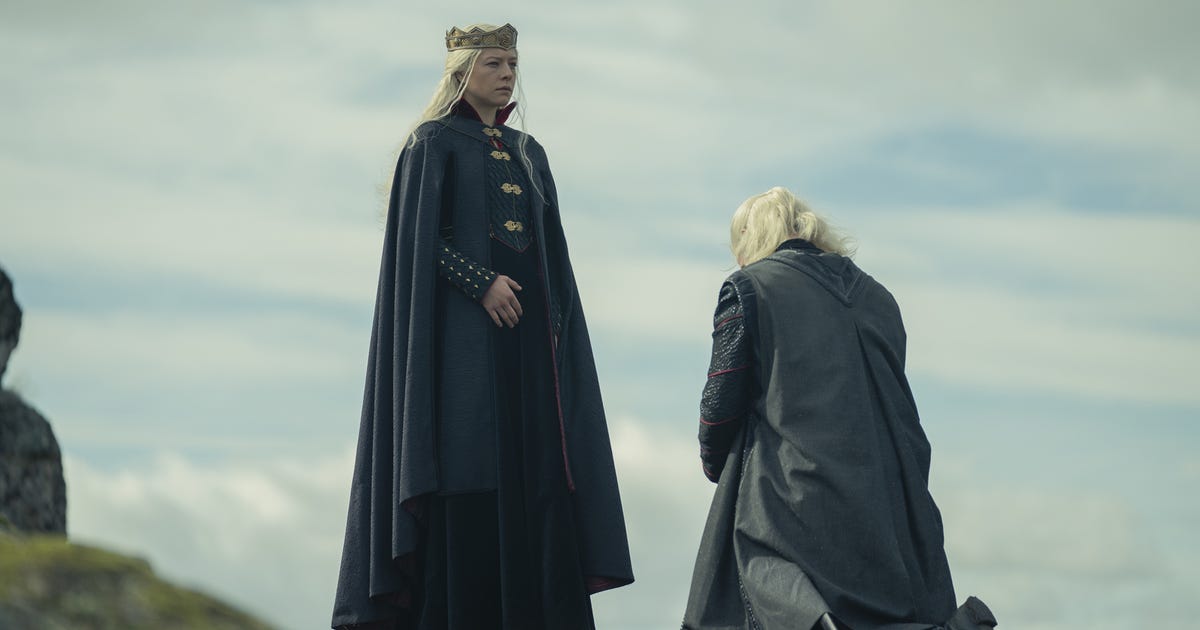The Recording Industry Association of America is facing a legal challenge to its antipiracy tactics, even as it announces that it has reached settlements in dozens of lawsuits against individuals.
In a move that could complicate the RIAA’s pursuit of peer-to-peer pirates, the American Civil Liberties Union said Monday it had filed court documents accusing the trade association of illegally using thousands of subpoenas to unmask alleged copyright infringers.
The recording industry’s subpoenas, filed under the Digital Millennium Copyright Act (DMCA), violated due process and constitutional rights shielding Internet users’ anonymity, the ACLU claims.
The subpoenas led to hundreds of lawsuits, filed earlier this month by the RIAA. In turn, those lawsuits prompted out-of-court settlements–with unspecified payments to the RIAA–that ended 52 of the 261 suits under way. An additional 12 settlements were struck in cases where no lawsuit had been filed.
“Americans increasingly understand our need to protect this global business and secure the jobs of those who work in it,” said Cary Sherman, president of the RIAA. “The message that downloading or distributing copyrighted music files is illegal and can have real consequences is beginning to take hold in the consciousness of families across the country. This is an essential prerequisite for fostering an environment where legitimate online music businesses can flourish.”
The RIAA said it has received 838 affidavits from file swappers who admitted they had violated copyright laws, but pledged not to do it again. Anyone signing the affidavit must admit that he or she engaged in “unauthorized noncommercial downloading, copying, or ‘sharing'” on peer-to-peer networks.
Civil liberties groups, including the San Francisco-based Electronic Frontier Foundation, have criticized the amnesty program, saying that the RIAA could still sue in some circumstances–and that the person signing an affidavit could be prosecuted for criminal copyright infringement.
Rights–and wrongs?
In its motion, filed Friday, the ACLU joined other nonprofit groups in opposing the RIAA. Last week, the American Library Association and other library organizations criticized the RIAA’s attempts to shut down peer-to-peer networks through a lawsuit currently before a federal appeals court in California.
The ACLU is asking a federal judge in Boston to reject an attempt by the record labels to invoke the DMCA in a bid to unmask an alleged peer-to-peer user at Boston College.
“The consequences from this lack of procedural protections are far from trivial,” the ACLU said in court papers. “In addition to being deprived of one’s constitutional rights, there is nothing to stop a vindictive business or individual from claiming copyright to acquire the identity of critics.”
David Plotkin, a Boston attorney who filed the motion alongside the ACLU, said in e-mail that “the statute only allows for a subpoena when the copyrighted material at issue is stored on the ISP’s system, but not, as in the case of Boston College and almost all other ISPs, when the material is stored on internet user’s personal computer.”
Plotkin also argues that the subpoena suffers from “procedural deficiencies” and violates the due process and free expression guarantees in the U.S. Constitution.
In another case, a federal judge in Washington, D.C., considered similar arguments and rejected them, ruling the DMCA was constitutional. That case, which pits Verizon Communications against the RIAA is on appeal to the U.S. Court of Appeals for the District of Columbia Circuit.




